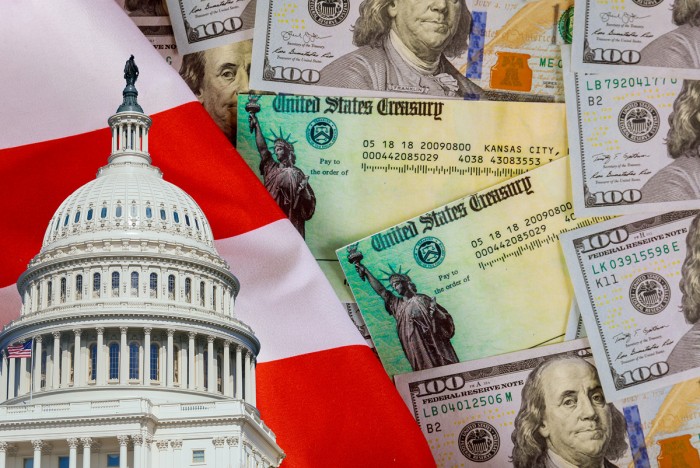Jack Phillips
DDAP Announces Webinar Opportunity
On Tuesday, November 24, 2020 at 12:00 pm, the Department of Drug and Alcohol Programs (DDAP) will host a webinar entitled Advocating for Addiction Reform.
This webinar will:
- Walk through the process of how to contact your state and federal representatives.
- Share effective ways to tell your story and advocate on behalf of yourself, your community, and your organization.
- Provide updates on current legislation that will help advance addiction reform.
- Highlight other partner organizations in the field and connect you with the larger statewide network.
Interested in partnering with Life Unites Us? Fill out the Become a Partner form on this page.
With Dire Report from The White House, State Issues Four New COVID-19 Orders to Limit Spread
PA Budget Completion Still Tracking for the End of This Week
They’re getting closer, but state budget negotiators haven’t quite reached a deal yet. Still, the word coming out of both General Assembly chambers is that the fiscal year 2020-2021 state budget should be wrapped up by Thursday.
State lawmakers have gotten a thumbs-up from the federal government to use the remaining $1.3 billion in CARES Act funding to offset General Fund budget items (mostly wages for front-line workers such as those of the Departments of Health and Corrections). This approval will make the process of finishing the final seven months of the 2020-2021 state budget easier (though some lawmakers, particularly Democrats, had a wish list of items – including support for front-line workers and businesses impacted by COVID-19 – on which to spend those dollars).
The CARES Act funding, along with an improved revenue situation, some money – maybe half – from the state’s $340 million Rainy Day Fund, a continuation of enhanced federal matching payments for the state’s Medicaid program (which lawmakers had initially thought would end), maybe a few targeted cuts, and possibly some dollars from a couple of state special funds, should close the budgetary gap left by the impact of COVID-19 and mitigation efforts to slow the virus spread, say those close to the budget discussions. Those same sources have said that increased spending will be limited, for the most part, to areas that involve mandatory spending, such as state debt payments and human services programs, with the rest of the budget changing little from the spending totals of the fiscal year 2019-2020 budget.
Source: Capitolwire: Under The Dome, November 18, 2020
Some Additional COVID-19 “Targeted Efforts” Announced by the PA Health Department
On Tuesday, State Health Secretary Dr. Rachel Levine announced additional “targeted efforts” to slow the spread of COVID-19. However, most of the “efforts”, the department acknowledged, still come down to people choosing to do what the department is telling them to do.
Acute care hospitals were sent a memo from Levine outlining expectations to care for Pennsylvanians who need care. However, those expectations seem to be no different from those under which the state’s health care systems have been operating since the spring.
Anyone who visits from another state or returns to Pennsylvania from another state is required to have a negative COVID-19 test within 72 hours prior to entering the state. If they can’t or won’t get a test, they are required to quarantine for 14 days upon arrival in Pennsylvania, which is an upgrade from the recommendation put in place in early July that these actions be taken if traveling from or returning from states with a high number of virus cases. Still, Levine noted that it is mostly up to the individual to self-quarantine since the state can’t stop every person at the border to demand a test report and then watch each individual who should be under quarantine for 14 days.
Dr. Levine also announced a “strengthened” masking requirement – Pennsylvania already has a mask-wearing mandate – that now includes masking indoors when away from home and even masking in your own home if there are people present who are not members of your household. This mandate is recommended regardless of social distancing (being six feet apart). This is an order that is, again, only as good as the voluntary compliance of individuals.
Finally, Dr. Levine recommended that colleges and universities implement a testing plan for when students return to campus following the holidays.
“We must remain united in stopping COVID-19,” said Dr. Levine, who later, when asked about the possibility of more stringent mitigation efforts, said she can’t predict the future, but there are currently no plans to go back to the closures of the spring.
Source: Capitolwire.com, November 18, 2020
Strategies to Support Clients w/Increased Stress & Substance Use During COVID-19 Pandemic
Wolf Administration COVID-19 Announcements
Some PA Budget-Related Legislative Movement on Monday
The state Senate met in a voting session on Monday with the Senate Appropriations Committee and then the full Senate as well as the state House of Representatives’ Appropriations Committee advancing legislation that is expected to be part of the package of bills needed to complete Pennsylvania’s state budget of which there are still seven months for which to provide. Senate Bill 1350 is currently a supplemental appropriations bill for the 2020-2021 General Fund budget, a legislative vehicle that could be amended at some point – GOP staff remain hopeful that it will be this week – when budget conversations produce a final product. The bill was reported out of the House Appropriations Committee yesterday and has already had its first day of consideration by the full House, positioning it for potential amendment when the House is in voting session on Wednesday with the possibility of a final vote on Thursday. No solid details have emerged regarding the budget other than that it’s not likely to have too much additional spending beyond what was spent throughout the prior year given the state’s current fiscal situation due to COVID-19 and the mitigation policies pursued with the goal of slowing the spread of the virus. There could be some areas that see targeted spending cuts, though with the sizable amount of mandatory expenditures in Pennsylvania’s budget, areas that can be cut are limited.
Source: Capitolwire: Under The Dome, November 17, 2020














